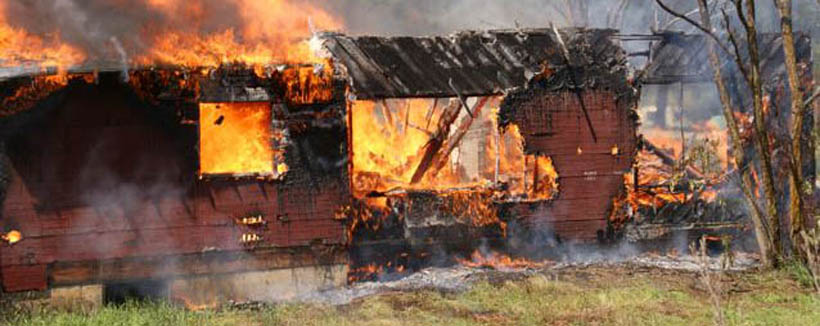The norovirus is here in Stevens County. No, it isn’t the end of the world, but it may feel like it if you catch it.
Here is information direct from the Centre For Disease Control about it, how you get it, and how to treat it.
NEVER be afraid to call 911 if you think you need us! Don’t second guess yourself and don’t think you’re bothering us. It’s our job to be there for you.
Remember, it’s a lot easier to call us off than to call too late. If you think you have an emergency, you have an emergency. Call 911!
Symptoms
Norovirus causes inflammation of the stomach or intestines or both. This is called acute gastroenteritis.
The most common symptoms—
- diarrhea
- throwing up
- nausea
- stomach pain
Other symptoms—
- fever
- headache
- body aches
A person usually develops symptoms 12 to 48 hours after being exposed to norovirus. Most people with norovirus illness get better within 1 to 3 days.
If you have norovirus illness, you can feel extremely ill and throw up or have diarrhea many times a day. This can lead to dehydration, especially in young children, older adults, and people with other illnesses.
Symptoms of dehydration—
- decrease in urination
- dry mouth and throat
- feeling dizzy when standing up
Children who are dehydrated may cry with few or no tears and be unusually sleepy or fussy.
Transmission
Norovirus is a highly contagious virus. Anyone can get infected with norovirus and get sick. Also, you can get norovirus illness many times in your life. One reason for this is that there are many different types of noroviruses. Being infected with one type of norovirus may not protect you against other types.
Norovirus can be found in your stool (feces) even before you start feeling sick. The virus can stay in your stool for 2 weeks or more after you feel better.
You are most contagious
- when you are sick with norovirus illness, and
- during the first few days after you recover from norovirus illness.
You can become infected with norovirus by accidentally getting stool or vomit from infected people in your mouth. This usually happens by
- eating food or drinking liquids that are contaminated with norovirus,
- touching surfaces or objects contaminated with norovirus then putting your fingers in your mouth, or
- having contact with someone who is infected with norovirus (for example, caring for or sharing food or eating utensils with someone with norovirus illness).
Norovirus can spread quickly in closed places like daycare centers, nursing homes, schools, and cruise ships. Most norovirus outbreaks happen from November to April in the United States.
Treatment
There is no specific medicine to treat people with norovirus illness. Norovirus infection cannot be treated with antibiotics because it is a viral (not a bacterial) infection.
If you have norovirus illness, you should drink plenty of liquids to replace fluid lost from throwing up and diarrhea. This will help prevent dehydration.
Sports drinks and other drinks without caffeine or alcohol can help with mild dehydration. But, these drinks may not replace important nutrients and minerals. Oral rehydration fluids that you can get over the counter are most helpful for mild dehydration.
Dehydration can lead to serious problems. Severe dehydration may require hospitalization for treatment with fluids given through your vein (intravenous or IV fluids). If you think you or someone you are caring for is severely dehydrated, call the doctor.

